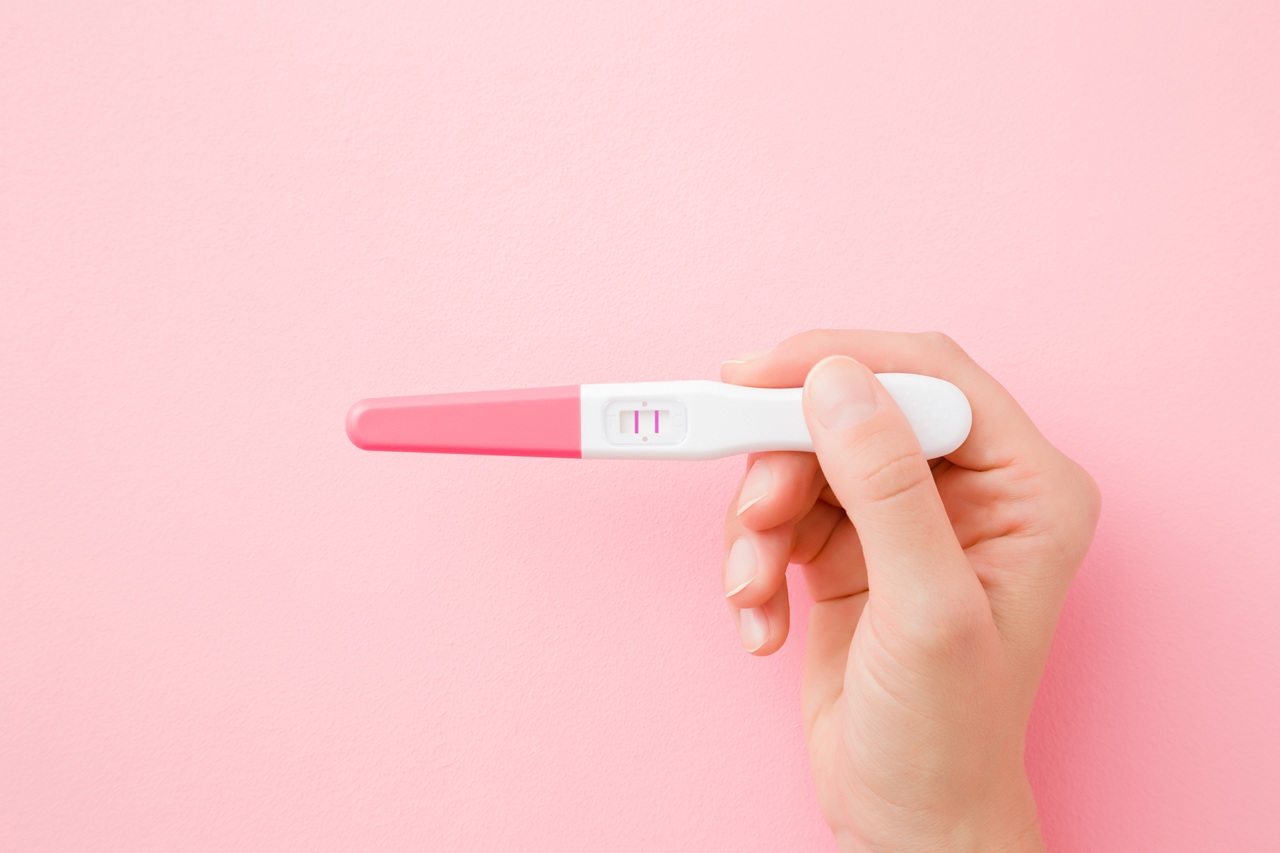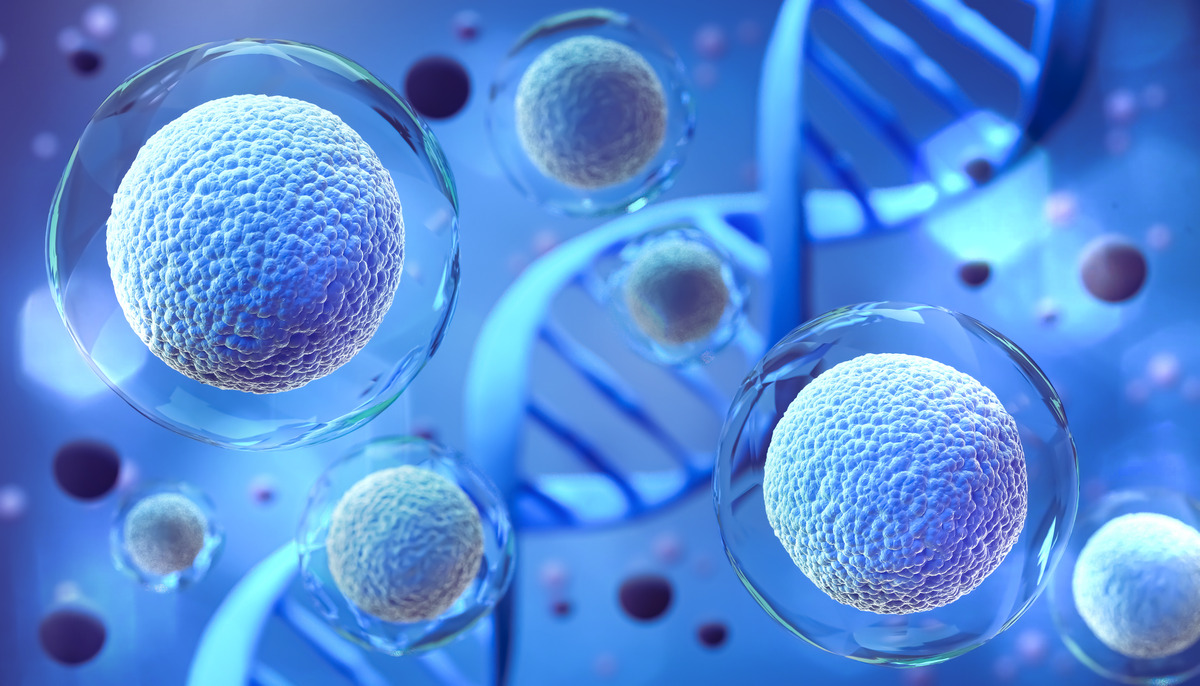Know Your Pregnancy and Ways to Have A Healthy Pregnancy

- Pregnancy normally lasts from 37 weeks to 42 weeks from the first day of your last period. Comes with physical, emotional, and psychological changes.
- To calculate your pregnancy weeks, just count from the first day of your last period to the current date in weeks.
- Estimated Due Date (EDD or EDC) is the date on which a non-induced delivery is expected to occur. You can calculate the approximate date by considering the first day of the Last Menstrual Period (LMP) and adding 280 days to this.
- To calculate the estimated date of delivery (EDD) from the last menstrual period (LMP), you can use Naegele's Rule, which involves the following steps:
- Determine the first day of your LMP
- Subtract three months from that date
- Add one year and seven days to that date
This method is based on a 28-day menstrual cycle, but you may need to adjust the dates for longer or shorter cycles. For example, if your LMP started on September 9, 2010, your EDD would be June 16, 2011.
Stages of Pregnancy: The Three Trimesters
First Trimester (Weeks 1-12): This is the early stage of pregnancy when the embryo implants and begins to develop into a fetus. Common symptoms include fatigue, nausea, and breast tenderness. Many important organs start forming during this time.
Second Trimester (Weeks 13-26): Often referred to as the "honeymoon phase" of pregnancy, the second trimester usually brings more energy and fewer symptoms like morning sickness. This is the time when the baby bump becomes more noticeable, and you may feel your baby’s first movements.
Third Trimester (Weeks 27-40): The final stretch of pregnancy when your baby is rapidly growing, and your body is preparing for labor. You may experience backaches, difficulty sleeping, and frequent bathroom trips as the baby presses on your bladder.
Common Pregnancy Symptoms
- Morning Sickness: Nausea and vomiting are common during the first trimester but can sometimes persist into the second. Staying hydrated and eating small, frequent meals can help.
- Fatigue: Hormonal changes can make you feel exhausted, especially in the first and third trimesters. Rest as much as possible and focus on nourishing your body.
- Breast Changes: Soreness, swelling, and darkening of the areolas are common as your body prepares for breastfeeding.
- Frequent Urination: As your uterus grows, it presses on your bladder, causing more frequent trips to the bathroom.
- Mood Swings: Hormonal fluctuations, along with emotional and physical stress, can lead to mood swings. It's essential to prioritize self-care and seek support when needed.
Know Your Body’s Changes
- Weight Gain: It’s normal and healthy to gain weight during pregnancy. Your doctor will help you track appropriate weight gain based on your body type and pre-pregnancy weight.
- Breathing Changes: As the uterus grows, it can put pressure on your diaphragm, causing shortness of breath. Practice deep breathing exercises to improve lung capacity and reduce discomfort.
- Back Pain and Posture: Your growing belly can put strain on your lower back. Practice good posture, wear supportive shoes, and consider prenatal yoga to alleviate discomfort.
Tips for healthy Pregnancy
- Eat healthy- Fresh fruits,Salads, Nuts, Low Carbs, Enough Proteins,
- Exercises/Yoga at least thrice a week as per the international guidelines
- Good sleep- Meditate
- Regular checkups
- Normal weightgain in the entire pregnancy usually ranges between 10-12 kgs,
- Drink enough water- try to take maximum before sunset to avoid sleep getting disturbed due to urge of urination.
Nutrition During Pregnancy
- Balanced Diet: Eating a diet rich in fruits, vegetables, lean proteins, whole grains, and healthy fats is crucial for your baby's development. Avoid processed foods, high-sugar snacks, and excessive caffeine.
- Hydration: Drink plenty of water to stay hydrated, as it helps maintain amniotic fluid levels and supports your increasing blood volume.
- Foods to Avoid: Steer clear of certain foods such as raw seafood, unpasteurized dairy products, deli meats, and undercooked meats, as they can carry harmful bacteria.
Exercise and Physical Activity
- Stay Active: Gentle exercises like walking, swimming, and prenatal yoga can help improve circulation, boost energy, and reduce common discomforts like back pain.
- Kegel Exercises: Strengthening the pelvic floor muscles through Kegels can help prevent incontinence during pregnancy and make recovery easier postpartum.
- Modify Workouts: As your body changes, adjust your fitness routine to accommodate your growing bump and avoid high-impact activities or exercises that involve lying on your back for prolonged periods.
Emotional Health and Wellbeing
- Mood Management: Pregnancy can be an emotional rollercoaster. It’s normal to experience a range of emotions, from excitement and joy to anxiety and mood swings.
- Support System: Surround yourself with supportive friends, family, and healthcare providers. Consider joining a prenatal support group or attending childbirth classes to connect with others on the same journey.
- Mental Health: If you feel persistently anxious, overwhelmed, or depressed, speak with your doctor or a mental health professional. Pregnancy-related depression or anxiety can affect both mother and baby, so it’s essential to seek help when needed.
What Don’t’s Do During Pregnancy
- Avoid Smoking, Drinking alcohol , Caffeine products, Extra Salt and sugar
- Refrain from Fruit juices Processed/ Even fresh
- Heavy meals in evening/Dinner
- Avoid heavy workouts.
Listen from Dr. Mandakani Chopra, Senior physiotherapist, Corporate trainer, Yoga trainer, Certified Pregnancy Fitness Educator(CAPPA), Certified Mat Pilates Instructor, Certified Manual therapist, Certified Lactation Counsellor Says about Pregnancy









 Enquiry
Enquiry
 Email
Email Phone
Phone
 Whatsapp
Whatsapp